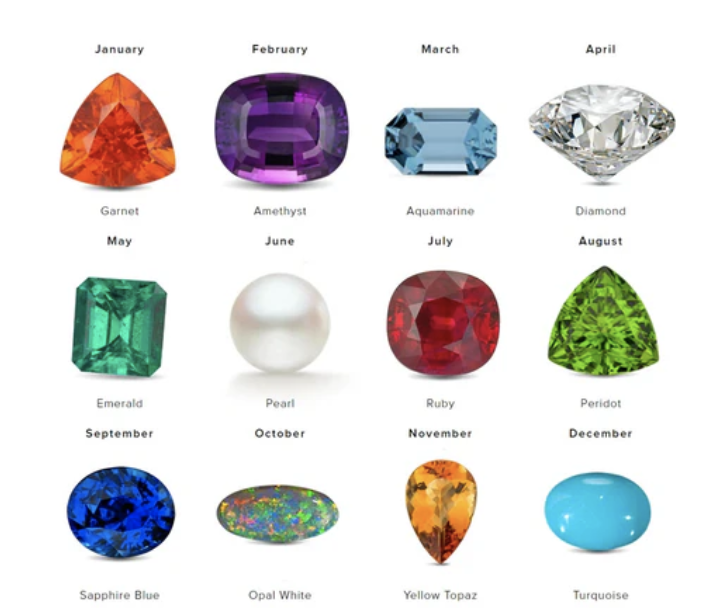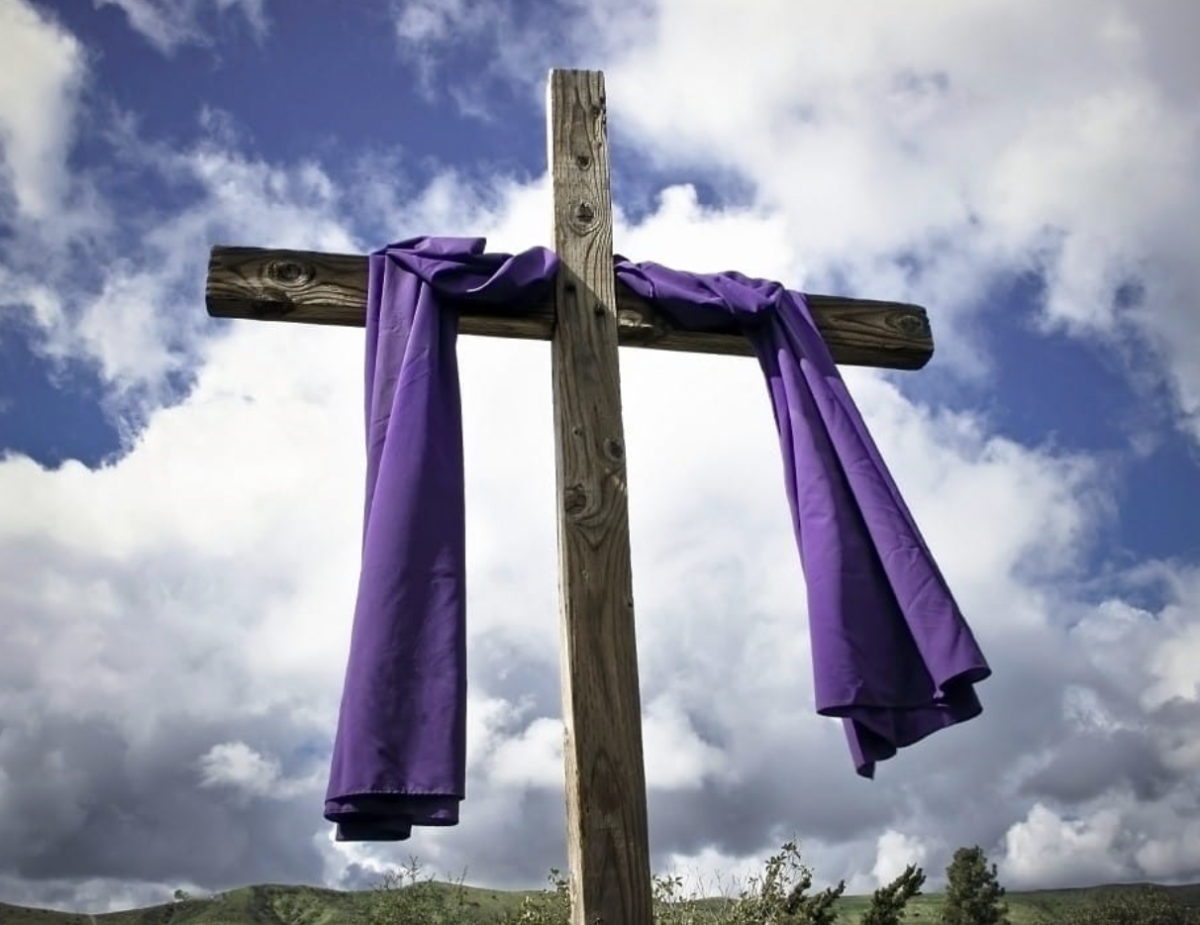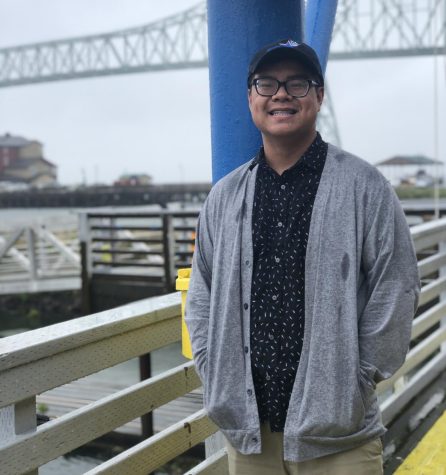Cast Member Cast Off: Saturday Night Live’s New Hires
Photos courtesy of Stephanie Nelson; Phil Provencio; Alex Schaefer.
Chloe Fineman, Shane Gillis, Bowen Yang; the three cast members announced on September 12th.
October 14, 2019
It has become a household name– from their cold opens to their recurring characters and celebrity hosts; Saturday Night Live (SNL) is celebrating it’s 45th season on the NBC channel with the addition of three new cast members. On September 12, NBC’s Saturday Night Live announced three new cast members Bowen Yang, Chloe Fineman, and Shane Gillis; all comedians scheduled to star in the show’s 45th season.
One of the most publicly well received of the new cast members was Bowen Yang who, although only joining the staff as a writer a year earlier in September of 2018, became a full fledged cast member for SNL this month. Viewers across all forms of social media applauded SNL’s casting decision as a milestone in terms of diversity and representation.
Even though SNL had its beginnings back in 1975, Bowen Yang is the show’s first full asian cast member in the entirety of its existence, and the show’s third openly gay cast member. For a while the trending topic of the internet was in congratulations of Bowen’s achievements and society’s steps toward progressive representation of the Asian-Americans and LGBTQ+ community.
Celebrities from The Try Guys’ Eugene Lee Yang to former Associate Director in the White House Office of Public Engagement Kal Penn, showed support on twitter including Star Trek’s George Takei noting the casting as “an important moment for Asian-American representation.”
However, the public’s fo cus soon shifted from praising Bowen to taking a critical view of the controversial past of another cast member– Shane Gillis. In a series of tweets by journalist Seth Simons, videos from september of 2018 were uncovered of Shane Gillis on a podcast using racial and homophobic slurs. The video which as of now has grossed over 4.5 million views depicts Shane Gillis and Matt McCusker on a podcast using derogatory terms for minorities as well as mocking asians using an “asian accent”.
As the story was further investigated, New York Time’s Vulture interviewed Gillis’s past employer Kate Banford, the co-owner of the Good Good Comedy Theatre where Shane used to work. When questioned about Shane’s past with the company, Banford replied “Good Good Comedy Theatre stopped working with him within the past few years because of racist, homophobic, and sexist things he’s said on and offstage.”
Another target of Shane’s offensive tirade was prospective democratic president Andrew Yang in which Shane described the candidate as a “jew [slur]”. In response Andrew Yang released a statement on Twitter acknowledging the insensitive comments from Gillis yet offered to reach out to sit and talk with the comedian, saying that although he is hurt by the insults, he does not believe that Shane should have been fired as a result of his past.
This delves into the topic of cancel culture, four days after announcing Shane Gillis’s addition to the cast, a spokesperson for the show told The New York Times, that Shane Gillis would not be joining the show for SNL’s 45th season. However people from across the political spectrum and all walks of life have been arguing whether SNL’s decision to fire the comedian for his past was the right course of action. Anna Zhang (11), a student at our school when asked for her opinion regarding the controversy commented “I think that it was right to fire Shane Gillis because he made those jokes fully aware of the consequences as an adult and as a public figure… and as an Asian American, it’s amazing seeing how many Asian actors have risen over the past few years”.
Although SNL has already made its decision on the firing of Shane Gillis, the topic of cancel culture and representation is still open to the public, should people’s past comments reflect upon the public’s perception of them in the future?







































